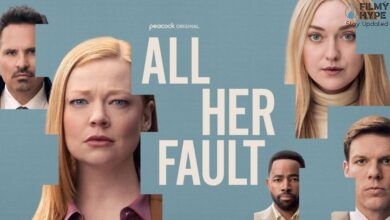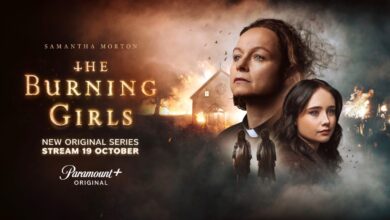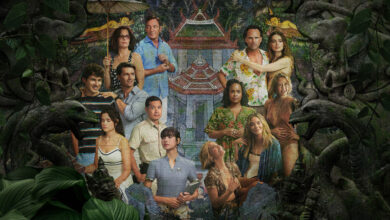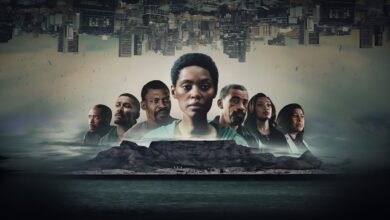Vikings: Valhalla Season 2 Review: Aims to Capture That Flicker Again
Cast: Taylor James, Sam Corlett, Leo Suter, Jóhannes Haukur Jóhannesson, Frida Gustavsson, Hayat Kamille, Nikolai Kinski, Set Sjöstrand
Director: David Frazee
Streaming Platform: Netflix
Filmyhype.com Ratings: 4/5 (four stars)
Netflix premieres this Thursday, January 12, Vikings: Valhalla Season 2, the continuation of ‘Vikings’ that takes place 100 years after the story of Ragnar and his children. The second season shows the heroes shortly after the tragic fall of Kattegat, an event that destroyed their dreams and changed their destiny. Suddenly, our protagonists are fugitives in Scandinavia and have to test their ambition and courage beyond the Kattegat fjords. Let’s start the review of Vikings: Valhalla with a somewhat sharp consideration. Prequels, sequels, reboots, and the sometimes-unholy union of the two (Requel) are everywhere these days, particularly on Netflix, where what is dead may never die and the streaming service has resurrected more than a few dormant show projects. or in decline.

See Texas Chainsaw Massacre, You, Manifest, Designated Survivor and Lucifer; all Netflix Originals now, one way or another. But Vikings is a whole other story. The original series was the History Channel’s first stab at drama TV and a huge off-the-beaten-track ratings success. The exploits of the great Ragnar Lothbrok, Bjorn Ironside, Lagertha, or Ivar the Boneless were like a smaller-scale Game of Thrones, with less emphasis on complex political intrigue than world audiences knew before entering a new period. Plus, incredibly bloody raids.
Vikings: Valhalla Season 2 Review: The Story
Original Vikings creator Michael Hirst stepped aside as showrunner for this project but is still on board as one of the executive producers. In his place is Jeb Stuart, the creator, and showrunner of Valhalla. Stuart has a background in blockbusters, having written screenplays for classics like Die Hard and The Fugitive. Also vital to the TV series was Richard Ryan, a stunt coordinator who helped choreograph the Valhalla fights, as well as Troy, Sherlock Holmes, The Dark Knight and the original Vikings.
Where in the story does the pilot begin? With Valhalla being a Viking TV series, things begin with a bit of bloodshed: the St. Brice’s Day Massacre, when the British killed Viking communities on their shores. Barely surviving is Harald Hardrada (Leo Suter), who plans to one day become King of Norway. A year later, he joins the rest of the Vikings summoned to Kattegat by King Canute (Bradley Freegard) to launch a counterattack against the English. Among those arriving in the bustling port city is Leif Erickson (Sam Corlett) and his sister Freydís (Frida Gustavsson), who has an ulterior motive to attend the Viking gathering. But as they show up with other quests in mind, they can’t resist getting swept up in the glory of Viking life in the 1000s.
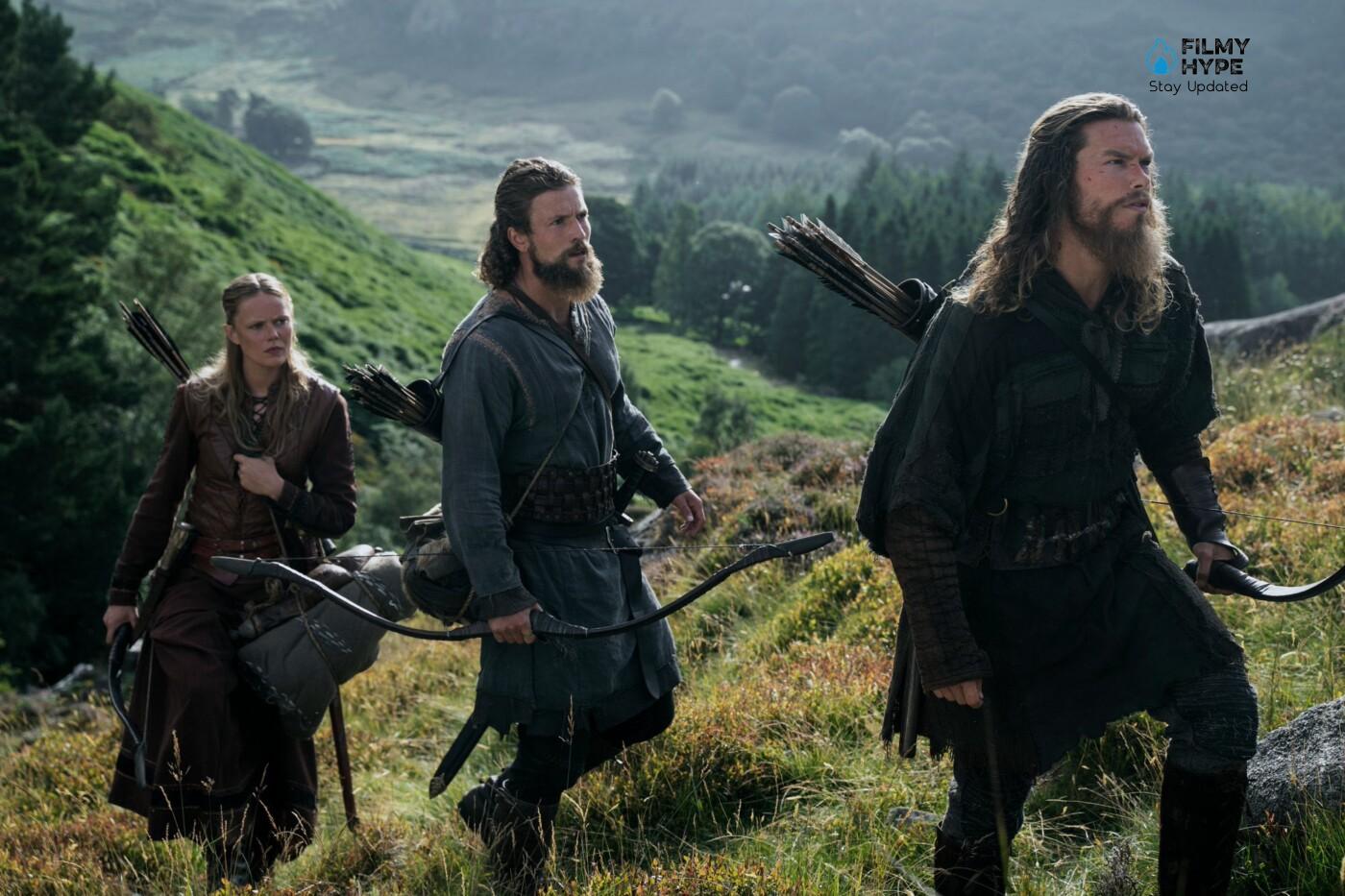
While Vikings: Valhalla got a lot of narrative space for being the story about the end of an era, the show’s first season investigates a culture’s waning days on a much more sedate level. The more things change, the more they stay the same. As much as Christian and pagan Vikings disagree with each other, they act and raid almost identically. They share clothes, hairstyles, and even philosophies. Each side may mount its attacks against the other, but the villain, an Assassin’s Creed-Esque Christian Viking named Jarl Kåre (Asbjørn Krogh), still calls his soldiers “berserkers.”
And so, the guiding ethos of Valhalla as it moves forward is about how to deal with a gigantic cultural shift that is taking its time. It makes no sense for Vikings to stop engaging in behaviors they have been doing for hundreds of years. But Viking/Norse identity is undeniably changing, whether because of the wider web of religious idolatry or geographic location. When Leif and his company of Greenlanders arrive in Kattegat, they feel like a throwback to an earlier era of Viking culture, more interested in going about their business and returning to a quiet life. What we know of Leif’s future means that changes in Viking culture will push them further and further towards the frontier until they finally reach a realm, they once thought mythical: North America. But their sense of Viking identity will be tested long before they arrive in the New World.
Vikings: Valhalla Season 2 Review and Analysis
We continue the Vikings: Valhalla review by saying that it will be a good product for those who loved the original, especially those who mostly just crave a good Viking conflict. The battles are bloody and well-choreographed, and the soldiers are furious. In its best moments, season 1 lets complicated beliefs rest easily next to each other. These rhythms provide a softer look at cultural divisions that are often misrepresented as a dichotomy in the eyes of history; people can have different viewpoints within the same culture and it’s not a reflection of their morality as a person. Freydís, a pagan, is brutal and vengeful, but not unnecessarily cruel. Olaf Haraldsson (Jóhannes Haukur Jóhannesson) is a jerk and also a believer in the merciful Jesus Christ.
Ultimately, the hardest part of the series will be stepping out of the shadow of the original. The arc of the first season of Valhalla is very similar to the original Vikings: there are different factions of Vikings who plot against each other. Eventually, they make their way to England, where the internal politics of the British begin to intertwine and complicate the situation. Even the religious undercurrents aren’t that far removed from Ragnar’s early flirtations with Christianity. It’s not that there aren’t any interesting moments within these conflicts or compelling battle sequences, but there’s a sense that you’ve seen it before…
Also, this type of tv series isn’t as unique as it used to be. Where the Vikings were rarely seen in TV products at that time – the obvious comparison with Game of Thrones is always just around the corner – Valhalla does not seem to live up to all expectations. There’s a sheen to the whole thing, literally brighter on screen than its predecessor. The Vikings had more of an aloof slyness that drove the tone and style, allowing it to feel a bit odd as a tale; Valhalla is more propulsive but loses some of the weirdness of the original. Perhaps the best example of their differences comes from the opening credits: Set in Fever Ray’s otherworldly If I Had a Heart, Vikings was all moody ephemeral, presaging doom and conquest all at once. Valhalla – when she plays in full in the pilot episode – is winding stringed instruments and chants played over close-ups of silver runes flying against a nondescript background. She is almost exactly the model Netflix used for The Witcher. Maybe there is a lack of soul behind these kinds of projects.
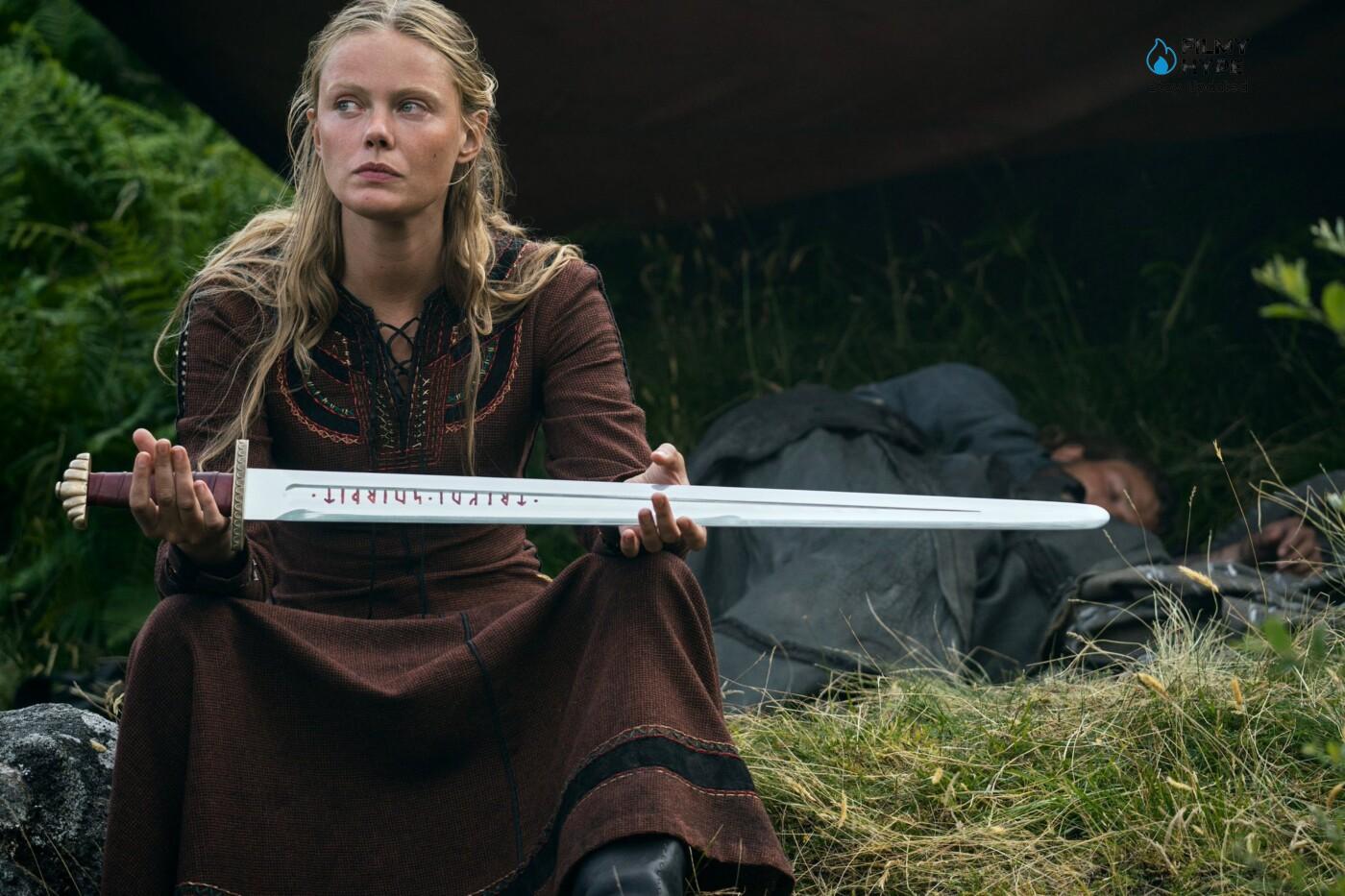
On this occasion, we find ourselves with the errors typical of the second seasons, which are often relegated to being a transition stage towards something much better. This is because here the series has become a more personal fiction, which tiptoes through the story to prevent certain events from happening too soon. It is an aspect that translates into a greater development of the characters, which is intelligent because it forces the viewer to invest more time in them so that the climax of the season has more impact, even if the really good stuff is left for another time.
In fact, throughout a good part of this new installment, it seems that Netflix prefers to lean towards the superficial soap opera side of the plot, painting it with blood and gore from time to time. Of weighty historical facts, there is hardly a trace left, although we already know that historical fidelity is not exactly the franchise’s forte. However, it’s a shame that the interesting conflict between Christianity and the old ways is not present in the same way for most of the season. It was what brought soul in the previous episodes, but here it is replaced by a journey in which the characters know more about themselves, for better and for worse.
Amongst a greater variety of locations and subplots, there is one element in the series that stands out far above the rest. And it is that from a Freydis who faces a thousand hardships, going through warriors and studious until reaching an Emma of Normandy in the Cersei plan, the women who populate the season stand as the best characters and by themselves they achieve that fiction stays interesting. It is not that Harald and Leif are superfluous here, but in general terms, they are very much in the shadow of their companions, especially since Frida Gustavsson and Laura Berlin are at an enormous level.
In short, although in general, the series suffers from a somewhat slower pace than its previous installment, the second season of ‘Vikings: Valhalla’ improves in its final episodes and offers a good amount of the good that the franchise gives it. name can give of itself. Of course, more charismatic characters and that air of mysticism, experimentation and unpredictability of the original are still missing. However, those people who have been dazzled by the first batch of chapters will undoubtedly enjoy this one. For this reason, even though it is still far from the quality of its mother fiction, it is still enjoyable entertainment, which does not mean that it is still unnecessary.
Vikings: Valhalla Season 2 Review: The Last Words
We conclude our Vikings: Valhalla Season 2 review by saying that fantasy epics, historical or otherwise, aren’t as unique as they once were. In a few weeks, Netflix will launch the fifth and final season of The Last Kingdom (another Netflix show). Outlander is still ongoing, as are Kingdom and Britannia, and that’s all before House of the Dragon or Witcher returns. Valhalla isn’t terrible but at the end of the day, she fails to gain the identity she’s supposed to have.



